I haven’t thought about sauerkraut in at least 32 years.
At that time, we lived in the western suburbs of Philadelphia on the mainline. I remember visiting a Jewish deli named Hymies that served traditional coleslaws, sauerkraut, and other authentic Eastern European foods. They would provide these salads in little metal cups at each table.
I can still taste the pucky, tart flavor decades later. If I had to describe it, these salads and slaws were zingy and zesty. The waitress would refill these old-world delicacies at the table as if they were an amuse-bouche. Oddly fragrant, they reminded me of my love of beets and their earthy goodness. The cucumbers, tomatoes, and vegetables were bright and flavorful – and unlike anything I had ever consumed. There wasn’t a hint of vinegar – just a tangy tartness.
Recently I noticed several naturally fermented products popping up in my local Whole Foods and other natural food stores that caught my eye and nose. They weren’t made in the typical vinegary style but fermented with salt – old school. Very old school.
When my friend Mike Schall, who is the prince of plantbased foods, connected me to Chris Glab, co-owner of Wildbrine, I had a gut feeling something interesting would come my way.
Fermentation is Wild
Business partners Chris Glab and Rick Goldberg produce naturally fermented foods in Sonoma County. Their business Wildbrine makes krauts, kimchis, salsas, and srirachas using only a natural fermentation approach. No sugars or vinegar are allowed. The distinctive flavor comes with an extra gift of probiotic boost that can help your immune system and promote a healthy digestive tract. Wildbrine nurtures the naturally occurring lactobacillus bacteria that drive fermentation – often called Lacto-fermentation.
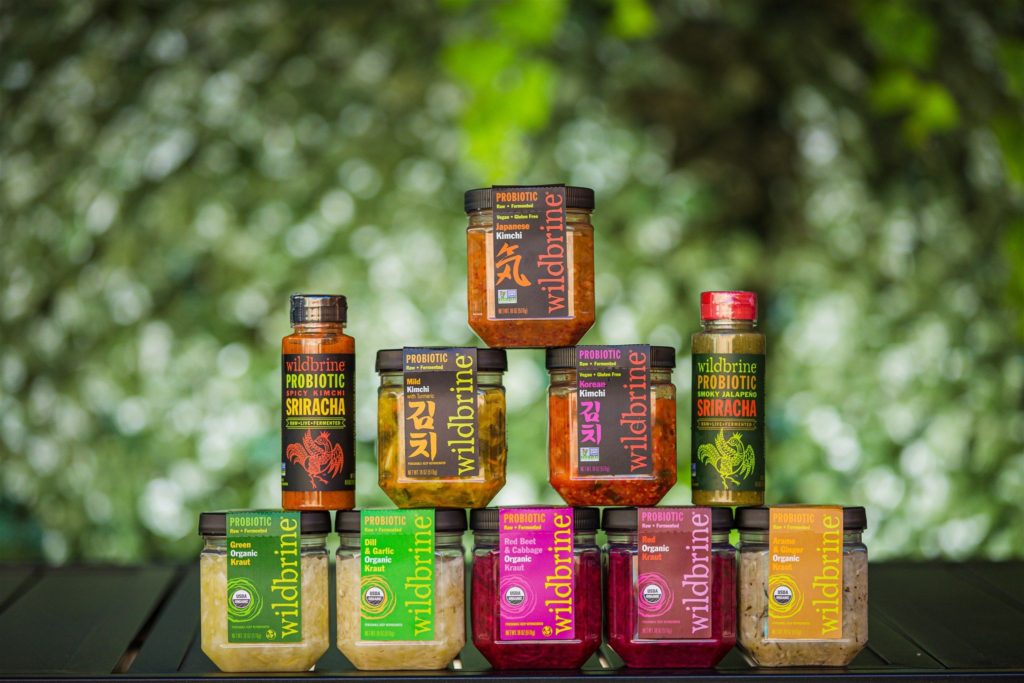
The natural fermentation transforms vegetables into pure deliciousness. Their products are at Whole Foods Markets, Costco, and many independent grocery chains and natural foods outlets.
Science Geek

Does it surprise you that someone named Chris Glab, an admitted science geek, has the word lab in his last name? His office is in the test kitchen lab at Wildbrine world headquarters in Santa Rosa, California.
When Chris was young, he went to a prep school focusing on science and engineering. He took classes in ag studies, and his favorite book is “On Food and Cooking” by Harold McGee. This book was hailed by Time magazine as “a minor masterpiece” when it first appeared in 1984.
On Food and Cooking is the bible to which food lovers and professional chefs worldwide turn to understand where our foods come from, what exactly they’re made of, and how cooking transforms them into something new and delicious. I remember reading this books decades ago because I didn’t pay attention in science class in high school. I too wanted to understood how food science worked.
Chris got a B.S. in industrial engineering and later an MBA. A foodpreneur was marinating, even back then. He grew up in a home filled with the smells and memories from his Eastern European ancestors, who loved traditional peasant food.
His roots, so to speak, are grounded in foraging wild mushrooms to create such polish delicacies as pierogis and sausages. I shared with him my memory of my Grandma Fannie and Poppa George cooking Hungarian stuffed cabbage, spiked with sour salt.
Chris has a background in marketing. He worked in a classic consumer packaged goods path as a brand manager at Clorox and other food companies. His roots include time working at Spice Island, He has both knowledge and a keen instinct for building a brand. His packaging is distinct on the shelf, just like his product line. Chris’ business partner Rick is more involved in sales and distribution, so together, their partnership is in balance.
Ceres Community Project
Rick Goldberg was a local mentor at a non-profit whose mission was restoring locally grown organic foods to its rightful place in the community. For the organization, he developed a naturally fermented kraut for cancer patients. It was a fun side hustle that grew and grew beyond his wildest dreams. The krauts were helpful for immune-challenged patients.
Rick partnered with Chris to sell the kraut that was funding such a good cause. Eventually, the Ceres Project leadership asked them if they could take over the initiative as it stretched beyond Ceres mission. When they expanded the line to four types of krauts and a few kimchis, they knew something healthy was growing.
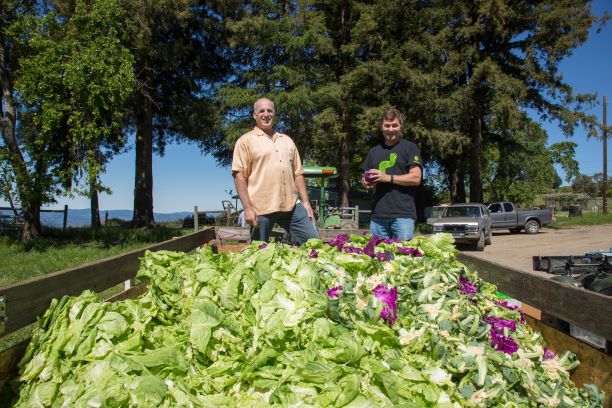
After showing some of their products at the 2012 Natural Products Expo in Anaheim, they were surprised by the national retailer’s interest in probiotics, naturally fermented krauts, and kimchis, made in a traditional style.
Two Wild and Crazy Fermentation Guys
Chris and Rick were committed to making these traditional products themselves and resisted the path of working with copackers. They wanted to ensure the quality and could only do that by watching over each product’s production.
Having been in their shoes, I understand the strong desire to control your fate. When my wife and I had our bakery business, we made every brownie ourselves.
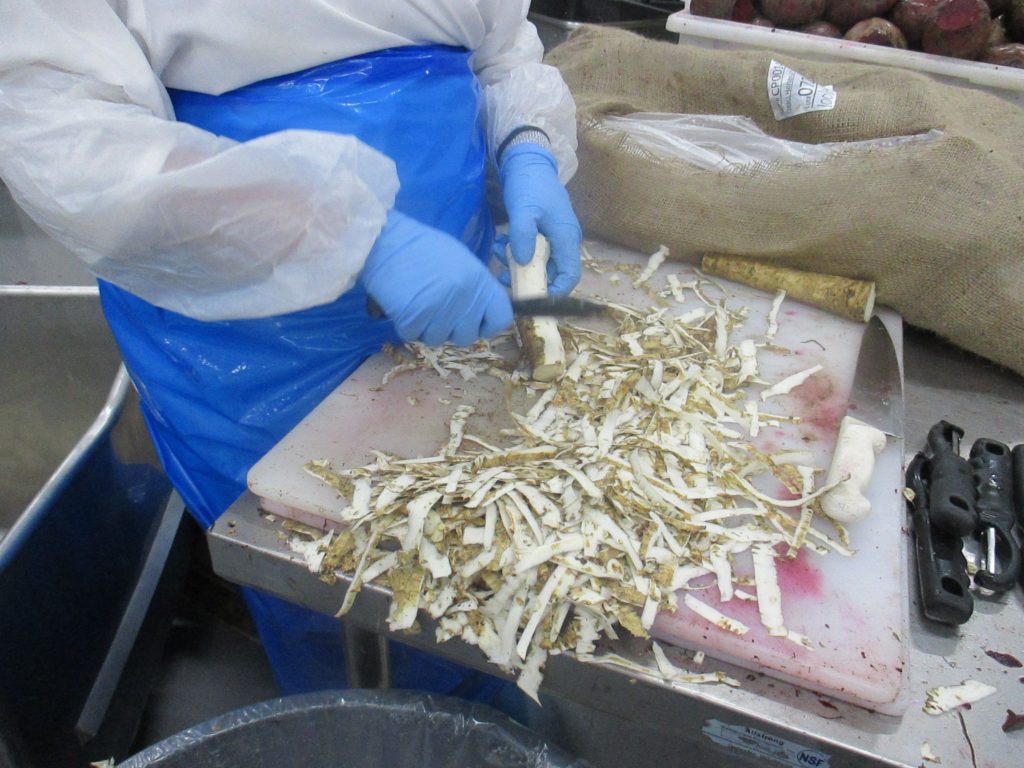
Wildbrine doesn’t use any copackers. Also, they don’t have any investors – just two partners with a common goal to make a spectacular product that is hard to manufacture and grow with a loyal following. Like their krauts and kimchis, their business takes time to grow and require nurturing love, patience, and attention.
With more than 100 employees in their Sonoma County facility, these kraut kings have a thriving business. In a recent article in Medium, Chris guided entrepreneurs thinking of starting a food business. I have added a few of my observations to what he shared in that article based on our call.
What is Needed to Start a Food Business?
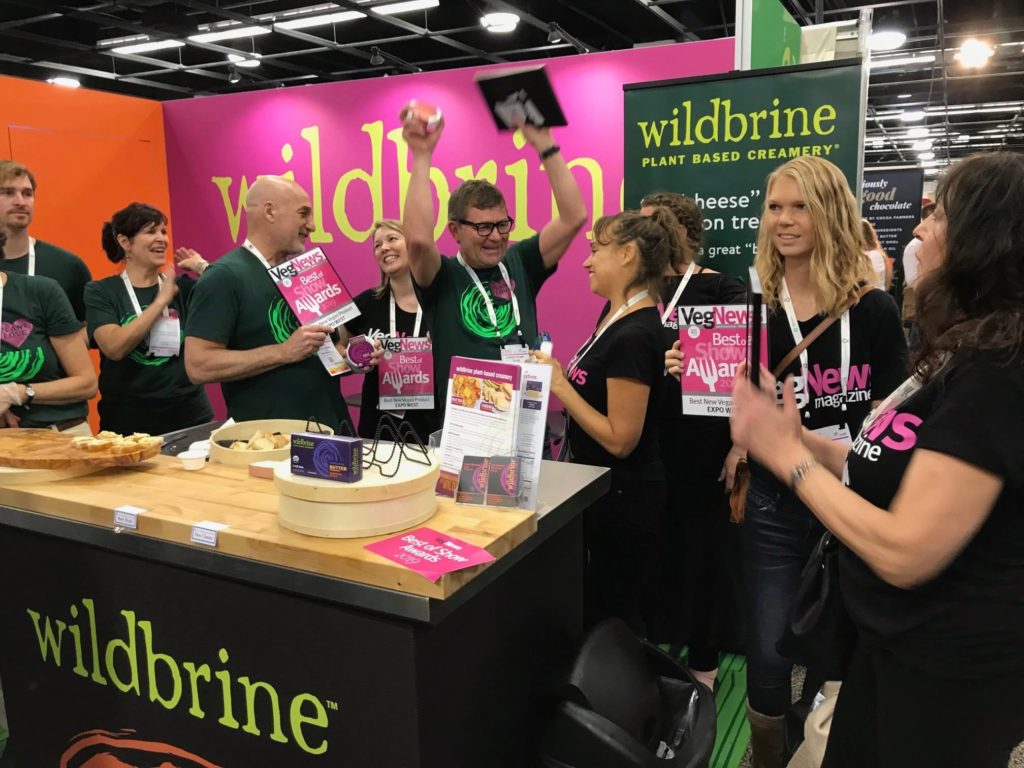
- A passion for your idea is required. You will live with this product every day and night; you should find something more profound than a way to make money; with all the ups and downs that a business experiences, passion will be like a north star.
- Difference matters. The first question a retailer will ask is, why is your product different? Why should I make space for it on my shelf? If you have found a niche, a gap, some unoccupied territory, retailers may be willing to give you a try. Knowing that a small group of consumers love your product helps. It provides confidence that your difference matters to someone.
- Price is based on the market, not the cost. What is something different and special worth? If it is priced like mass-marketed goods, it won’t signal value. Price is a powerful signal that something is unique, of higher quality, and worth the price. Think of a $50 bottle of wine versus one that costs $5. You immediately assume the $50 bottle is made from special grapes, with a different, unique process and more carefully created. Of course, it must live up to the price value – which takes confidence in your creation.
- Position at Every Touch. The brand’s position must be consistent, from packaging to sales collateral to your Instagram page’s language and tone. Does your brand name speak to the distinctive quality of the brand’s essence? Take a stand, don’t sit on the fence. Mean something to someone.
- Culture starts at the top. Infuse your organization with a clear mindset based on your values and what matters to you. Don’t hire staff that won’t fit the brand, image, and culture you want to create. As you grow, you want to trust your colleagues to make the right choice for the brand and make sure the guardrails are clear. Like fermenting vegetables that mature and develop complex flavor, you need a rich culture with trust, integrity, and compassion.
What’s the next Wild Thing?
Wildbrine will continue to expand throughout the U.S. with a range of retailers. They have a handy store finder on their website here.
Next year Wildbrine is adding a sister plant and business called Wild Creamery. They’ll make a line of plant-based dairy alternative products, including the company’s famous cashew-based cheeses, and dips and as they expand into fermented dairy. The new plant will also produce the company’s newest dairy alternatives, including cream cheese, European Style Butter Alternative, and plant-based dips in Spinach Artichoke, Ranch, French Onion, and Chipotle Lime flavors.
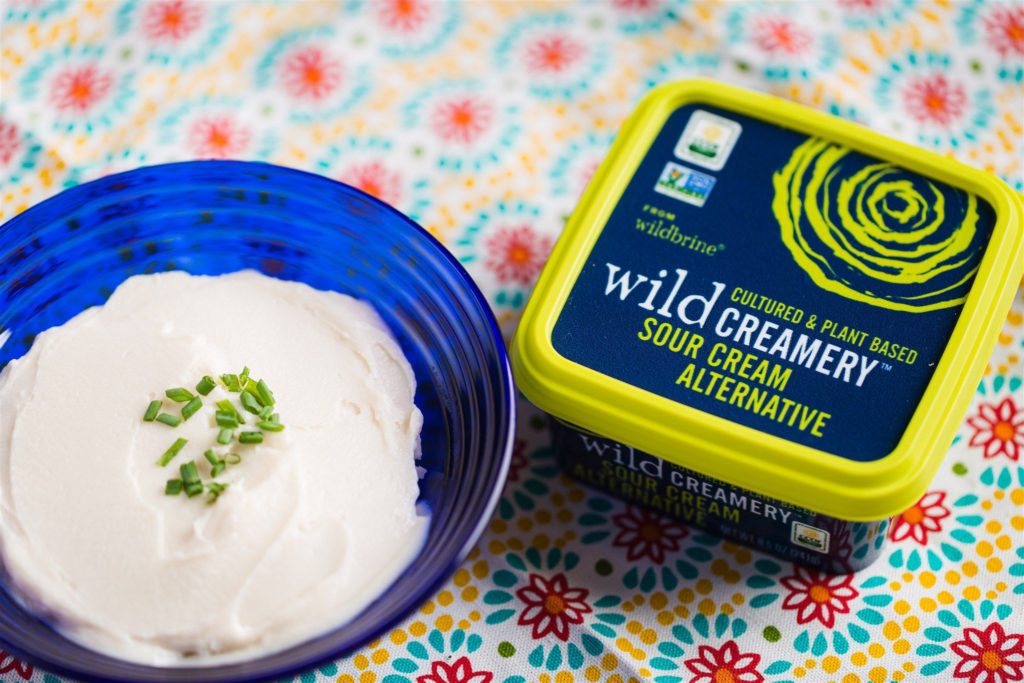
Sounds like a wild ride.
Need help fermenting a new food business?
I can help. You can set up a time chat with me about your marketing challenges using my calendar. Our initial conver?sation is free. You talk, I listen. Email me jeffslater@themarketingsage.com or call me. 919 720 0995. Visit my website at www.themarketingsage.com. Let’s explore working together today.
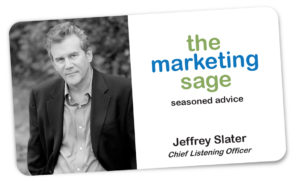
Photos courtesy of Wildbrine
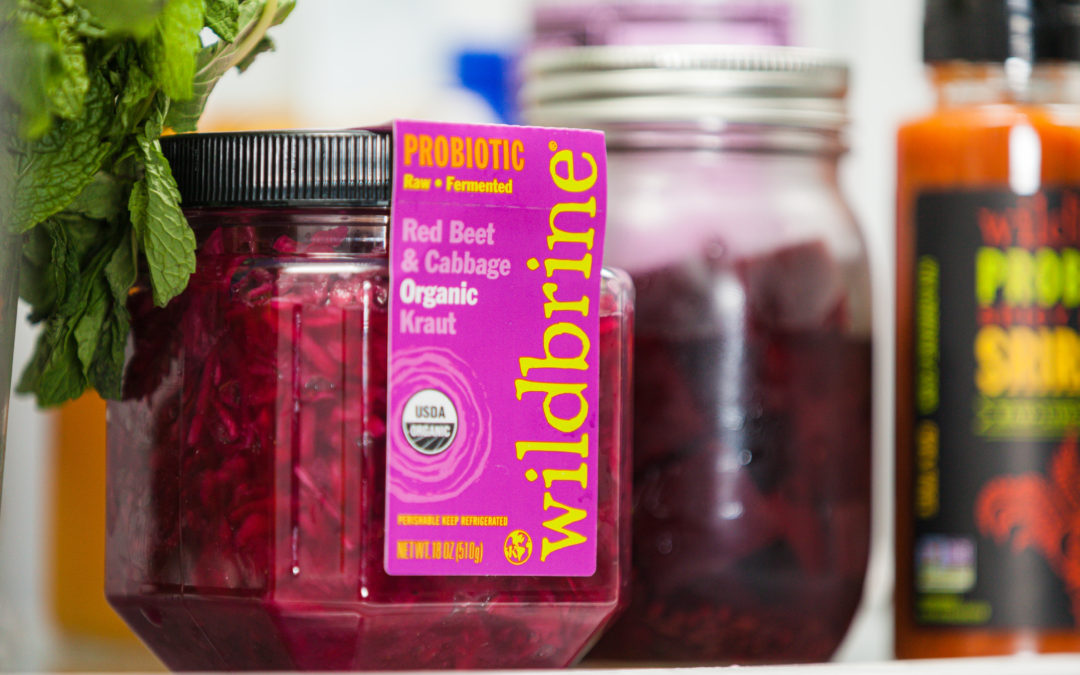
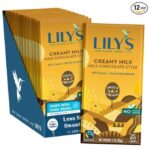
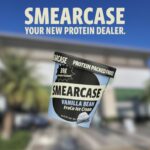

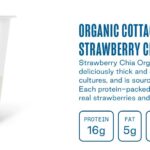
Great write-up! Thanks!